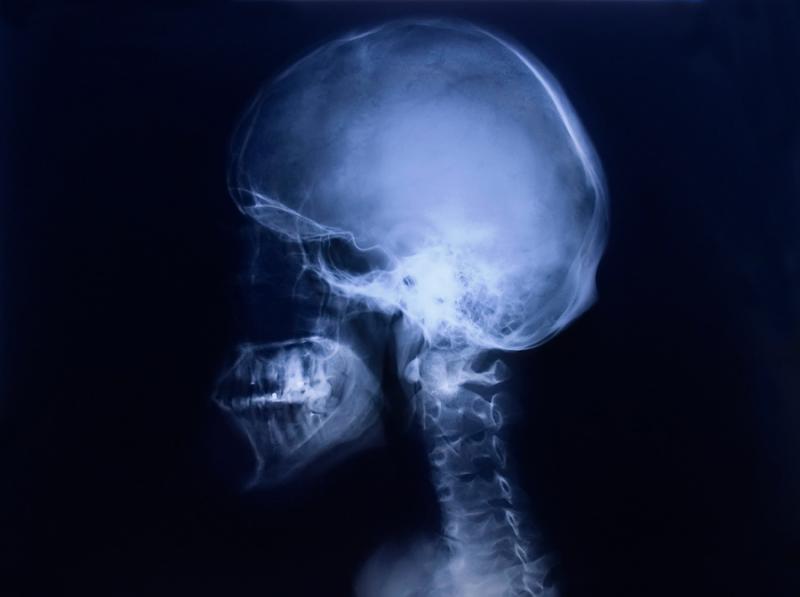Mild skull stimulation holds hope for suffers of mental health disorders
By Liz Lockhart
The use of ‘deep brain stimulation’ has been effective in treating medical conditions but is considered to be and invasive procedure as it penetrates the body to deliver the stimulus.

Now researchers from the University of Taiwan have performed a study into the use of a weak electrical current delivered to the patients’ scalps for ten minutes.
The research has discovered that mild electrical stimulation to the skull can help to control impulsive behaviour – ‘jump-starting’ the brain’s ability to control impulsivity.
This procedure holds hope as a non-invasive treatment for conditions such as ADHD (attention-deficit hyperactivity disorder), Tourette’s syndrome, violent impulsivity and drug addictions.
The research team was led by neuroscientist Chi-Hung Juan Ph.D.
‘The findings that electrical stimulation to the brain can improve control of their behavioural urges not only provides further understanding of the neural basis of inhibitory control but also suggest a possible therapeutic intervention method for clinical populations, such as those with drug addiction or ADHD in the future’ Chi-Hung Juan said.
It is hoped that further research can be done but this looks promising for a large group of sufferers of certain mental health disorders.
Relevant links
Could beheading have been avoided?
Mental illness not cause of violent crime
10 year wait for therapy condemed
Mental ward 'a disaster zone', inquiry was told





